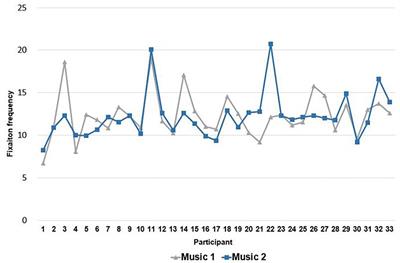EDITORIAL
Published on 20 Oct 2020
Editorial: Towards Users' Optimal and Pleasurable Experience in Smart Environments
doi 10.3389/fpsyg.2020.583663
- 1,203 views
22k
Total downloads
180k
Total views and downloads
EDITORIAL
Published on 20 Oct 2020
ORIGINAL RESEARCH
Published on 04 Jun 2020

ORIGINAL RESEARCH
Published on 31 Mar 2020

ORIGINAL RESEARCH
Published on 20 Mar 2020

BRIEF RESEARCH REPORT
Published on 19 Mar 2020

REVIEW
Published on 17 Mar 2020

ORIGINAL RESEARCH
Published on 25 Feb 2020

ORIGINAL RESEARCH
Published on 18 Feb 2020

ORIGINAL RESEARCH
Published on 11 Feb 2020

ORIGINAL RESEARCH
Published on 07 Feb 2020

ORIGINAL RESEARCH
Published on 05 Feb 2020

SYSTEMATIC REVIEW
Published on 24 Jan 2020
